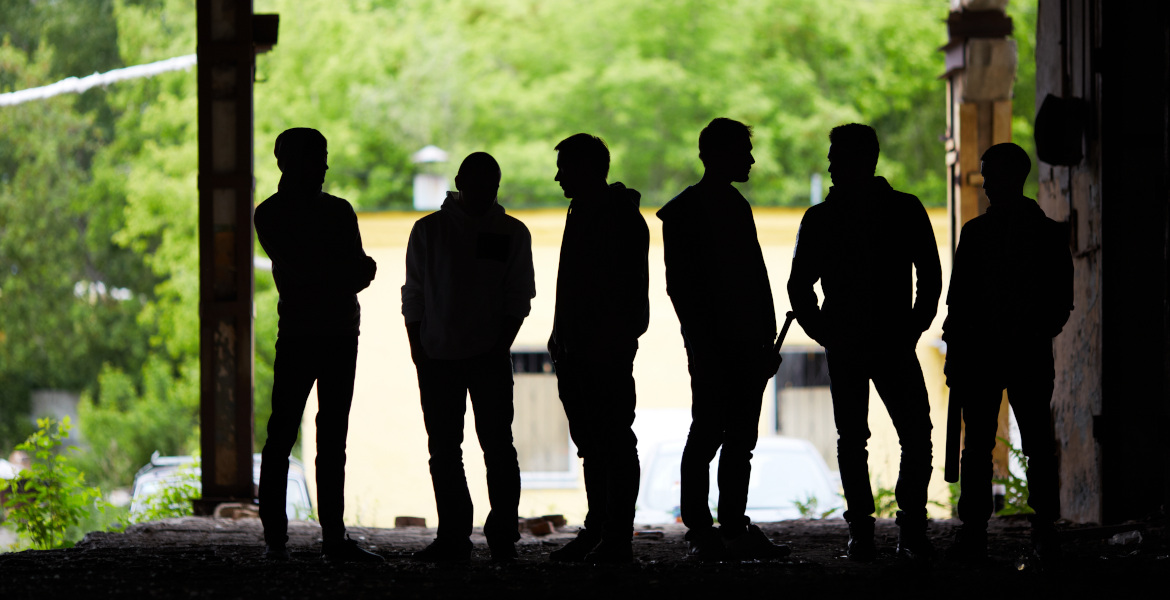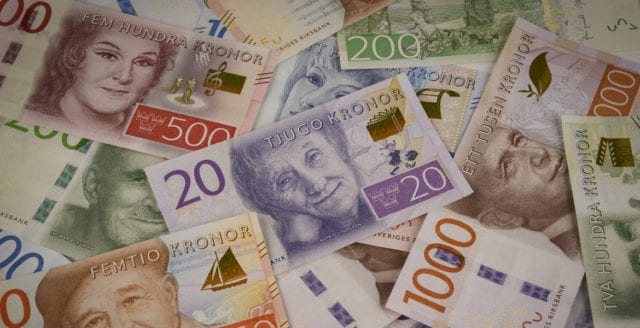Wildlife bridges have become a success in Sweden, effectively reducing the number of wildlife accidents by helping animals cross roads according to their natural movement patterns.
About a year ago, a wildlife crossing, also known as a wildlife bridge, was built on the E4 highway in Robertsfors, Västerbotten. Deployed cameras show that more and more wild animals are using the passage to cross the road – including the unusual sighting of lynx.
– Lynx have never been captured on our wildlife cameras before, so it's really exciting, says Torbjörn Nilsson, environmental specialist at Trafikverket Nord who visited the wildlife bridge, to Swedish TV4.
Similar passages, both over and under roads, exist today in several places in Sweden. At the E22 Brömsebro wildlife crossing, more than 10,000 animal incidents were recorded in one year, showing that the bridges are effective in reducing wildlife accidents and saving society large costs. According to the Swedish Transport Administration, the social costs of wildlife accidents are estimated to be as much as SEK 15 billion (Є1.3 billion) per year.
The bridges are built strategically based on studies of the natural movement patterns of animals. To be effective, major crossings should be placed at least four to six kilometers apart.
– Then it's important to follow up over a few years so that we can see that the animals really find their way here, says Nilsson.
Building a wildlife crossing costs between SEK 30 and 50 million (Є2.6 and 4.3 million) and the construction has a lifespan of about 120 years with current construction technology. According to the Swedish Transport Administration, the investments are well justified because they reduce the risk of wildlife accidents.





